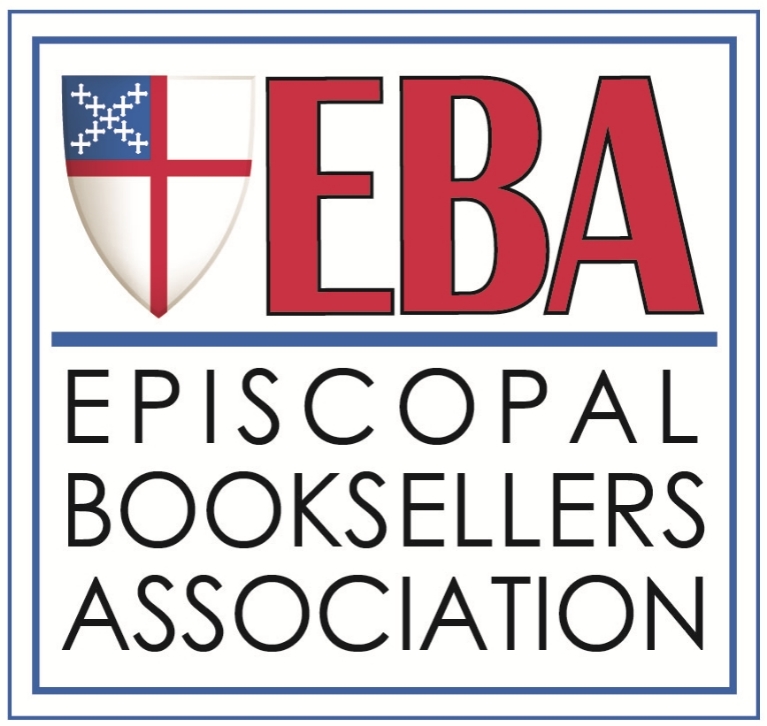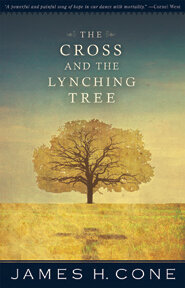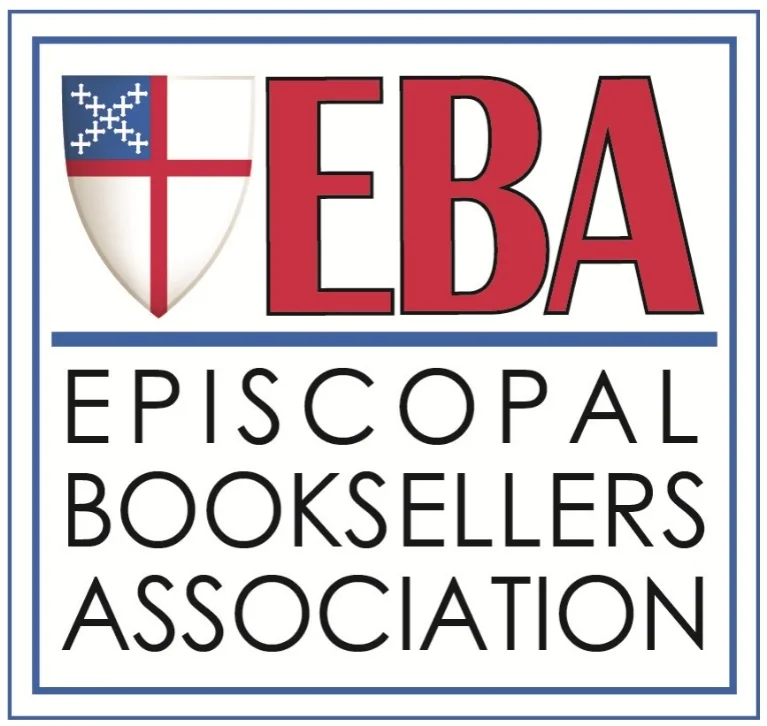The Cross and the Lynching Tree
By James H. Cone
220 pages, PAPER
ISBN-13: 978-1-62698-005-1
Orbis Books
$27
In this time of painful dissension about racial injustice and the absence of truth and reconciliation, many fine pieces of writing have emerged and become essential to read and discuss. Some of these works are not new, in fact some were written decades ago.
One, however, stands out for Christians in the United States, and that is James Cone’s The Cross and the Lynching Tree. Cone, widely regarded as one of the most influential theologians in America, was a professor of Systematic Theology at Union Theological Seminary, an ordained minister in the AME church and the recipient of 13 honorary degrees. As journalist Bill Moyers said, “…in The Cross and the Lynching Tree, James Cone demonstrates why he is indispensable as an interpreter of faith, race and the American experience.”
In this book, Cone explores the spiritual world of African Americans like no one has before him. As Henry Louis Gates said, “He turns his attention to two symbols that dominated not only the spiritual world but also the daily life of African Americans in the 20th century.” Though separated by nearly two millennia in history, the cross and the lynching tree are inseparable in the American Christian experience. Both are symbols of death, brutal means of execution. The cross, Christianity’s symbol of God’s salvific work in the world, is present in every church, at street corners, on billboards, and hanging from necklaces of the devout and the skeptical alike. Meanwhile, the lynching tree, the United States’ symbol of white supremacy and black oppression is hidden from sight and conversation. Cone believes that until both are fully realized, explored, and understood, the experience of American Christians is incomplete.
Referred to by one reviewer as “a powerful and painful song of hope in our dance with mortality,” the book tells the story of blacks turning to two primary modes of resistance against the terror of lynching: music and religion. Music played a central role in the black religious experience, marred by the reality of lynching and other white violence. “The spirituals were the souls of the movement, giving people the courage to fight...” (28).
Cone writes, “While the lynching tree symbolized white power and ‘black death,’ the cross symbolized divine power and ‘black life’ – God overcoming the power of sin and death” (18). And, later Cone says, “ the cross speaks to oppressed people in ways that Jesus’ life, teachings, and even his resurrection do not” (26).
For black Christians in the era of lynching, the cross and the lynching tree were inseparable. Cone’s book reveals these connections and the fact that for black Christians in the United States, a savior suffering violence at the hands of political power and the cross are images of solidarity and a lens through which to view possibility.
(Thanks to the Rev. Andrew Hege, St. Mary of the Hills, Blowing Rock, NC, for his excellent notes and instruction on this book. They helped immensely with this review.)
Reviewed by Owene Courtney, Director of Formation and Spirituality, St. John's Cathedral, Jacksonville, FL




